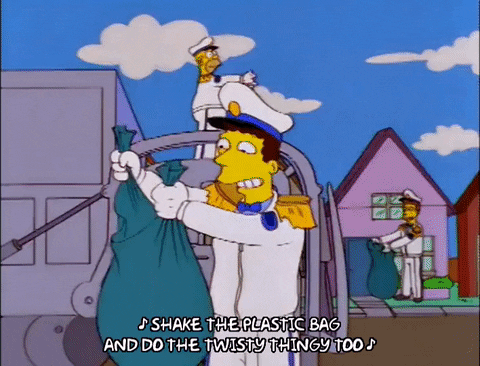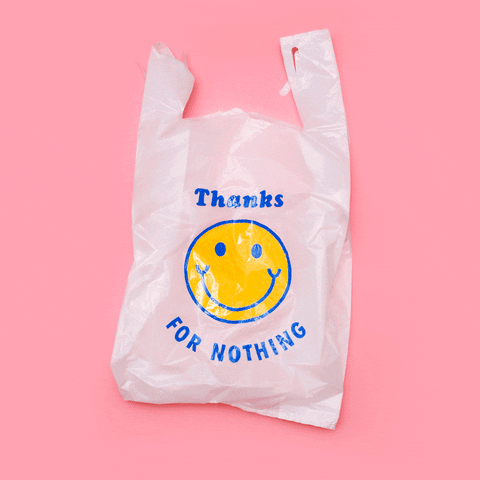The Government must invest in alternatives to plastic and public enlightenment to incentivize citizens to embrace the switch from plastic bags. Incentives for manufacturers, citizens and better waste management are an important part of managing plastic waste.

Policy Ideas include:
Target the point of Manufacturing, not the user endpoint: The government, University of Lagos, Lagos State University, Lagos Business School, FMCG companies, plastic industries, NGOs and the public should collaborate on ways of manufacturing plastic bottles, bags and any item that requires a plastic component with materials (polymers) that are environmentally friendly. This approach will be dealing with the root causes of negative impacts on the environment and would facilitate the end goal of recycling. Plastic from polyethene takes years to break down and would remain in its original state even if they are upcycled into items like bags, shoes, carrier bags or broken into pellets to make new bottles or bags.
Even though the manufacturing of plastic will continue (will not go away any time soon), the option of producing environmentally friendly plastic can gradually happen. Once this is factored in at the point of production, the job of recycling becomes easier. The other good side to this is that plastic bottle recycling machines (contextual design) can eventually be considered for placement in places like shopping malls, worship centres or public offices so people can easily walk up to these machines, recycle themselves and get useful tokens in return.

Incentives and Public Enlightenment: Design and distribution of recycling dustbins across Lagos, a metropolis accompanied by massive public enlightenment at all levels on how to sort trash and use these dustbins and why it should not be stolen. Trash collection must be done weekly so that dustbins don’t overflow. Design should be guided by colour (see pictures below), size, location, actors, agency, and purpose and properly labelled in Yoruba, English and pidgin to make it accessible for everyone. One design will not work in a different context, this is important to encourage behavioural change. This requires public consultation to get feedback from people who will use the dustbins not experts alone. Public feedback will aid the design and implementation. The success already achieved by NGOs and actors in this field will be a good place to start.

Locally Sourced Alternatives: The government and educational institutions can facilitate training to enlighten and empower manufacturers on the use of Ewedu (jute) and other locally available materials to produce bags. Ewedu is abundant in Nigeria which makes it a viable option relating to alternatives to plastic bags. Pilot schemes can be test-run for lessons and improvement before introducing them to the public. Most Nigerian know ewedu as food, but the stems can be processed and woven to make bags that can be affordable, versatile alternatives to plastic bags. It can also discourage the importation of primary forms of plastic used for manufacturing household items.

Punitive Measures are Counter-Productive: Rethinking the proposed plastic bag prohibition bill. Punitive measures do not effectively drive behavioural change. Examples from Kenya and Rwanda have shown the difficulty of this approach. The bill needs public input to make it work within the Nigerian context. There should be a timeline of what can be feasible per time and efficient execution of each step to ensure a behavioural change in the long term. Morocco and Sweden have used this approach and it has been successful. Public engagement, enlightenment and incentives must come before the final law of the plastic bag prohibition bill. Nigerians will generally kick against paying for plastic bags when there are no alternatives even though they are aware of the negative environmental impact. Many businesses will be reluctant to charge customers for a bag but with the gradual implementation of well-defined goals, the process yield results.

Maximize Social Media: to engage the public, social media can be effective. In this digital age, relying on physical contact to solve problems can stall even the best ideas. People can contribute no matter where they are and feedback will help in design, maximize limited results and improve accountability.
